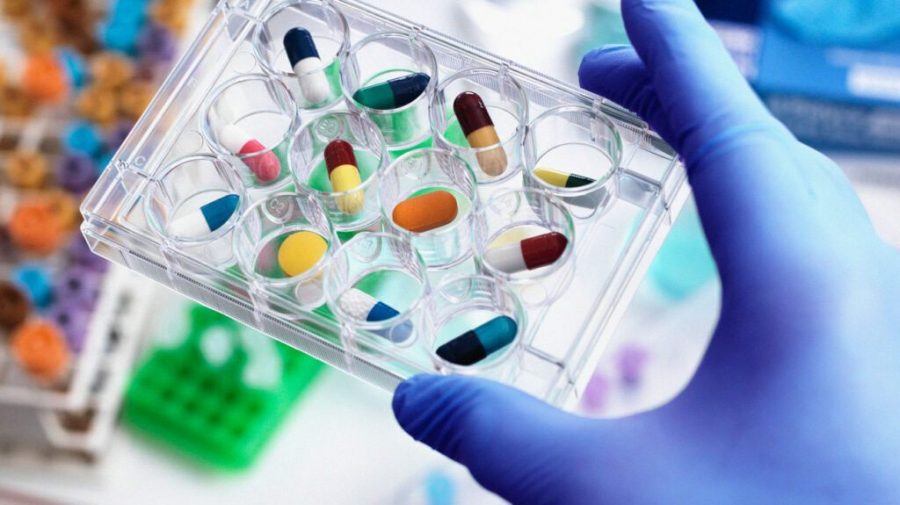A team of researchers has identified three repurposed drugs that may be effective in treating Covid-19. In a new study, scientists have found three previously-available drugs that may be effective at treating Covid-19 in its early stages.
The research is valuable in helping researchers identify treatment candidates for clinical trials. SARS-CoV-2 and its associated disease, Covid-19, have had a profoundly negative effect on global economies, culture, people’s everyday lives, and above all, on people’s health.
To date, there have been more than 1,150,000 recorded deaths from the disease. There is also mounting anecdotal evidence of the long-term negative health effects it can have on people who recover from the initial illness. Due to Covid-19’s lethality, and the fact that the disease is highly contagious, scientists are rushing to develop a vaccine. However, producing vaccines that are also safe and effective takes a considerable amount of time.
According to a report, on average, vaccines take 10 years to develop. Even with experts greatly accelerating research due to the urgency of the global pandemic, the report notes that an initial vaccine may take more than 18 months to be developed, manufactured, and distributed to people around the world. Consequently, scientists have been researching vaccines and potential treatments that may ultimately reduce the chance of a person dying if they develop the disease.
This typically involves repurposing previously available drugs that may also be effective in treating Covid-19. This is important as, much like developing a working vaccine, finding new drugs that can treat Covid-19 may take a long time. To date, the only repurposed drug that has shown signs of being effective is remdesivir, originally developed to treat Ebola in 2014.
However, a recent major World Health Organization (WHO) study has found that remdesivir has no significant effect on Covid-19 mortality. As a consequence, identifying effective drugs that experts can repurpose to treat Covid-19 is particularly pressing.
In this context, scientists behind the present study took a different approach in the search for potentially effective drugs to repurpose. Typically, when scientists source drugs to repurpose, they use a technique called high throughput screening (HTS). This involves automating the testing of many different medications, allowing for a much more rapid process than using human teams. Researchers then analyze the results with a computer.









